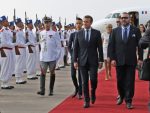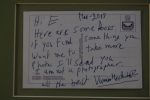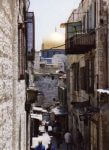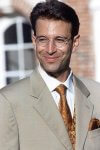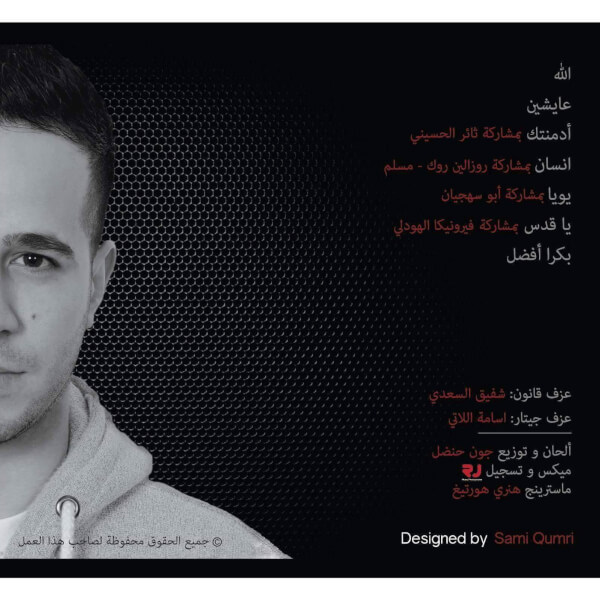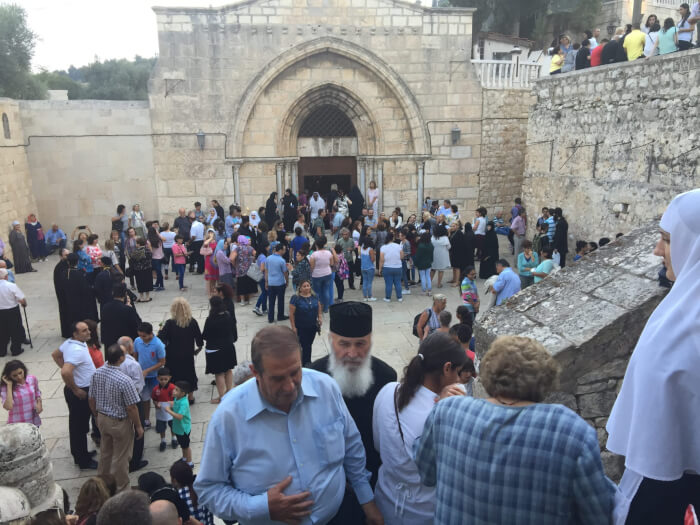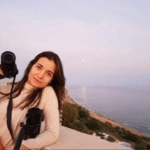President Macron’s Pragmatic Maghreb Foreign Policy
France’s foreign policy has been known for its pragmatism and steadfastness under all the Presidents of the Fifth Republic.
By Abennour Toumi
President Emmanuel Macron has many challenges ahead in his five-year term in office. One of them is foreign policy, a domain that is directly related to his persona and constitutional attributes. He did not speak much about it during his campaign, despite his constructive position on the E.U., aggressive one on Syria and preemptive on Mali; he did make a visit to the troops stationed in North Mali on his first day in office.
France’s foreign policy has been known for its pragmatism and steadfastness under all the Presidents of the Fifth Republic. However, President Macron has inherited an unusual foreign policy paradigm from his mentor and predecessor, M. Hollande, who orchestrated a prudent foreign policy which matched his character.
The question is, does President Macron have a Maghreb foreign policy? According to history and demography, France should. President Macron called President Bouteflika, and his Foreign Affairs and European Minister made a highlighting visit to Algiers last week, before President Macron leaves on an official visit to Morocco.
He met King Mohammed VI, and they spoke about the bilateral relations and economic and intelligence cooperation. But less or never about sociopolitical and societal change — there’s been a peaceful Berber protest going on for two weeks in northwest Ch’louh in the Rif region’s coastal city of al-Hoceima according to press reports.
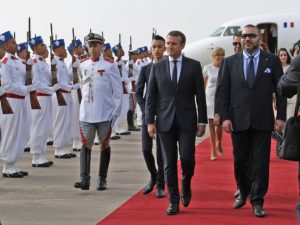
During President Hollande’s first year in office, he tried to push through a project to create a large trade-space in the region and create a geo-political pole in light of the Sahel and Libyan turmoils, a project still-born because of the political heterogeneity of the region’s countries.
Yet the national security question caught him in the middle of his term, so he re-oriented his focus and launched a “war on terror” à la Bush in 2015. Hence a herculean project like rebuilding the Sahel and finding a new paradigm in his Sahel foreign policy was an “all-bets-off” endeavor for a prudent like President Hollande.
He did however focus and re-orient his Maghreb policy to heal Sarkozy’s anti-Arab/Muslim and anti-immigration policies and the country hegemony in the region, which had caused France a lot of damage there.
At that time the region was fast-changing, and there were new political actors emerging from the Jasmine Revolt in Tunisia, free elections in Morocco with the Islamists’ Spring in Tunisia, and the ousting of al-Gadhafi in Libya that created a serious and direct national security threat to France.
Despite these dramatic political shifts, Mauritania and Algeria remained much the same in terms of change.
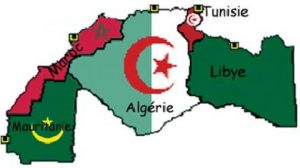
Subsequently President Macron needs to find a new way to deal with the main players and the pivotal capitals of the region, Algiers and Rabat. Algiers seems at this time to be best bet as the favorite horse to win. After all, President Macron made a courteous visit to Algiers during his campaign, qualified France’s colonial atrocities as crimes against humanity, and called for a “peace treaty” between Algiers and Paris.
He immediately was described as a friend of Algeria by the former Algiers Foreign Minister, Mr. Lamamra, and the regime media. A position which drove the far-right and the Harkis in France nuts.
Rabat, on the other hand, didn’t know much about President Macron and hoped for the LR candidate. As far as Algiers is concerned, oddly enough, it gets along with the “Socialists” in power better than Rabat does with the Right.
President Bouteflika, in spite of his illness, did not waste a second to be among the first leaders to congratulate President Macron. Rabat is keeping relations warm with Paris by taking a wait-and-see position, but unlike Algiers, is worried about Macron’s administration which is cautiously unclear on its Western Sahara dossier.
Algeria is important to France both as a national security and a gas provider. On the former, Paris cooperates closely in terms of intelligence, using the experience of the Algerian Intelligence forces on its war-on-terror. Indeed, President Macron just appointed Paris’ Ambassador in Algiers as head of France’s Foreign Intelligence.
Maghreb diplomacy will have to find a middle route through Tunis to keep Rabat and Algiers semi-satisfied and it will be tip-toeing its way. Relations between Algiers and Paris have experienced a period of detente since former President Chirac’s terms, when President Bouteflika went to Paris in 2000 and spoke before the French General Assembly (Parliament), a first for an Algerian President.
There are some Algerian politicians who want Paris to acknowledge its colonial past and recognize its colonial crimes, and not re-negotiate the Franco-Algerian Treaty of 1968. The treaty gives greater rights to Algerians in France compared to other nationals. Algiers wants to be recognized explicitly as a key regional player, a position that none of France’s Presidents wants to avoid upsetting Rabat.
As then-President Hollande had to repair the damage with Tunis, so President Macron will look to Tunis as a bridge for his Maghreb foreign policy to avoid the swing effect in the entire region, where Sarkozy’s administration failed to manage the outcome of the Tunisians’ revolt.
Then his Foreign Minister suggested a clear colonial policy: more batons and police leads to abort the revolt. On the Libyan issue, he supported the military intervention to prevent al-Qadhafi from obliterating Ben Ghazi, but he did not seem convinced about the “new Libya.” Finally President Macron needs Nouakchott as a military bridge-head in his fight against AQMI (al-Qae’eda in Maghreb Islamic) and ISO in Mali.
President Macron is taking a policy into consideration regarding security problems in the Sahel for his soldiers and citizens who work in the region. The Malian turmoil pushed Paris and the countries of the region to get more involved to fight AQMI and ISO elements.
Paris will likely approach all these disturbances in the region with a strategy aimed at stabilization of the regimes, military and law enforcement cooperation, and more importantly, an economic one to contain the exodus of illegal immigration (haraga). Eventually it will help the region’s leaders launch the U.M.A. in order to obtain a cohesive foreign policy based on partnership, not only with Paris but on a regional level with Brussels as well.
President Macron is a pragmatic and determinant leader and would not establish his foreign policy in the region based on ideals. This, since the Maghreb countries are enjoying some breeze of freedom, and the legalist Islamists in Algiers, Tunis and Rabat who lead a coalition government are welcomed by Paris as long as they keep its national interest and security intact.
At the end of the day, whatever President Macron’s Maghreb foreign policy will be, it will erase former President Sarkozy’s irritating rhetoric on foreign policy as a whole. A soft liberal President who is seen as Gaullist gets General de Gaulle’s quote in terms of foreign policy: “There are neither foes not friends, only interest.”


- The Israeli-Palestinian Conflict: Is the Neither-Peace-nor-Security As-sumption Dominating Again? - June 7, 2021
- Algeria: “I Can See Clearly Now” - August 5, 2019
- Majesty Mohammed VI and General Gaïd Salah Tear Down This Wall! - July 29, 2019













